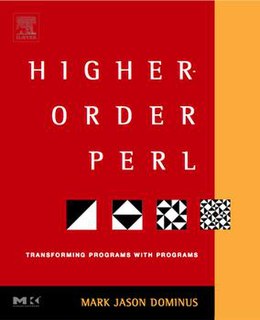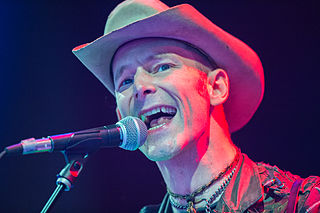A Quote by Divya Agarwal
I just can't take anyone who tries to justify a comment using foul language.
Related Quotes
Language designers want to design the perfect language. They want to be able to say, 'My language is perfect. It can do everything.' But it's just plain impossible to design a perfect language, because there are two ways to look at a language. One way is by looking at what can be done with that language. The other is by looking at how we feel using that language-how we feel while programming.
When you're a father you censor yourself. You get just as angry with a child but you don't want to say, "What the filth and foul and I'll filth and foul, filth and foul and, yeah, ya filth and foul face, and I'll filth and foul, foul, filth!" You don't want to say that to a child so you censor yourself and you sound like an idiot: "What the... Get your... I'll put a... Get out of my face!"
[The designated or chosen leader tries to] articulate and justify the resentment dammed up in the souls of the frustrated. He kindles the vision of a breathtaking future so as to justify the sacrifice of a transitory present. He stages the world of make-believe so indispensable for the realization of self-sacrifice and united action.
































